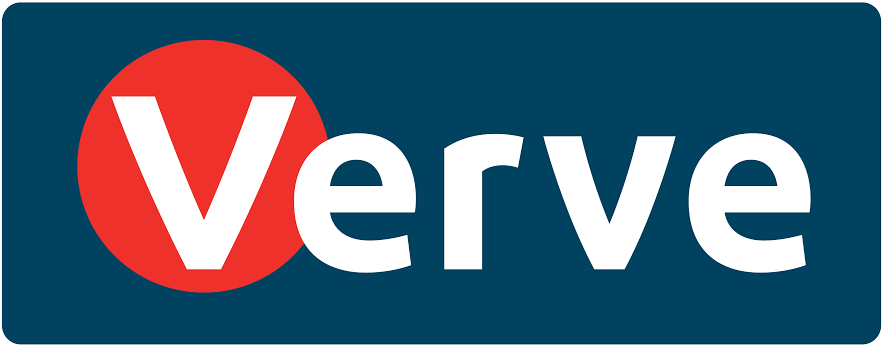In a significant policy reversal, several Nigerian Deposit Money Banks (DMBs) have resumed the use of naira-denominated debit cards for international transactions, setting new spending limits in response to a more stable and liquid foreign exchange (FX) market.
GTBank, First Bank, UBA, Wema Bank, and Providus Bank are among the banks that have reactivated these services, marking a notable shift from the tight restrictions imposed during Nigeria’s FX crisis in 2022 and early 2023.
- GTBank now permits $1,000 per quarter in international transactions, including $500 in ATM withdrawals and $1,000 for online and POS usage over three months.
- First Bank has set a monthly limit of $500, allowing up to 10 ATM withdrawals (at ₦5,000 per withdrawal) and 20 monthly transactions on both POS and online channels.
- Wema Bank restored cross-border usage on all naira cards, including the Wema Mastercard and ALAT Visa, with a $500 monthly cap.
- Providus Bank announced increased international limits during the summer for Platinum Naira Card users, though no exact figures were shared.
The banks’ decision signals renewed confidence in Nigeria’s FX environment, providing relief to consumers and MSMEs that rely on cross-border digital services, e-commerce platforms, and travel-related spending.
This development reverses the severe restrictions imposed in 2022, when naira card limits were slashed from $100 to as low as $20 per month due to dollar shortages and poor FX inflow. At the time, businesses and individuals struggled to access essential foreign services, with the naira trading at ₦430 per dollar at the official Investors and Exporters (I&E) window.
Today, the exchange rate stands at ₦1,528.56 per dollar (as of July 4, 2025) at the Nigerian Foreign Exchange Market (NFEM), reflecting greater market-driven pricing and improved FX liquidity.
For Nigerian MSMEs and digital entrepreneurs, the resumption of international transactions using naira cards is a much-needed boost. Many small businesses had been forced to rely on expensive parallel market rates, dollar virtual cards, or domiciliary accounts, adding costs, inefficiencies, and uncertainty to everyday operations.
Online payments for domains, subscriptions (like Microsoft 365, Netflix, Apple Music), and SaaS tools had been stalled for many, forcing reliance on workaround solutions that harmed business scalability and global competitiveness.
“This further reinforces that the current foreign exchange management strategy is yielding positive results, as evidenced by the improved liquidity in the official market,” said Ayodeji Ebo, MD/CBO at Optimus by Afrinvest. “Demand is gradually shifting back to the official window, narrowing the gap with the parallel market. This is a positive development for the economy.”
According to Razia Khan, Managing Director and Chief Economist for Africa and the Middle East at Standard Chartered Bank, the change aligns with IMF recommendations to loosen capital controls under a floating exchange rate regime.
“With a floating exchange rate, Nigeria no longer needs to maintain certain capital control measures,” she said.
Muda Yusuf, CEO of the Centre for the Promotion of Private Enterprise (CPPE), added that the move reflects renewed confidence from financial institutions.
“What has happened is that liquidity in the FX market has improved. The exchange rate has been more stable, and this has elevated the level of confidence of the banks in opening up transactions.”
He emphasized the convenience this brings to Nigerians, especially travellers and those with family abroad.
“As a Nigerian traveling abroad, you no longer need to carry cash. With your naira card, you can perform your transactions seamlessly,” Yusuf explained. “Even Nigerians abroad with naira accounts can receive payments and transact globally.”
Looking Ahead
This return of international naira card usage is more than a technical adjustment; it’s a signal of macroeconomic stabilization and a shift toward market-based FX governance.
For MSMEs, digital workers, and cross-border traders across Nigeria and Africa, the development promises reduced cost of operations, fewer regulatory hurdles, and greater access to global tools and services.
As FX reforms continue to unfold and the naira stabilizes, analysts anticipate further easing of capital restrictions, which could unlock new growth opportunities for businesses operating in Africa’s largest economy.










